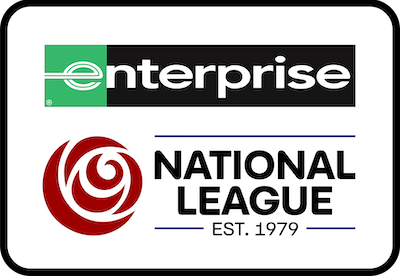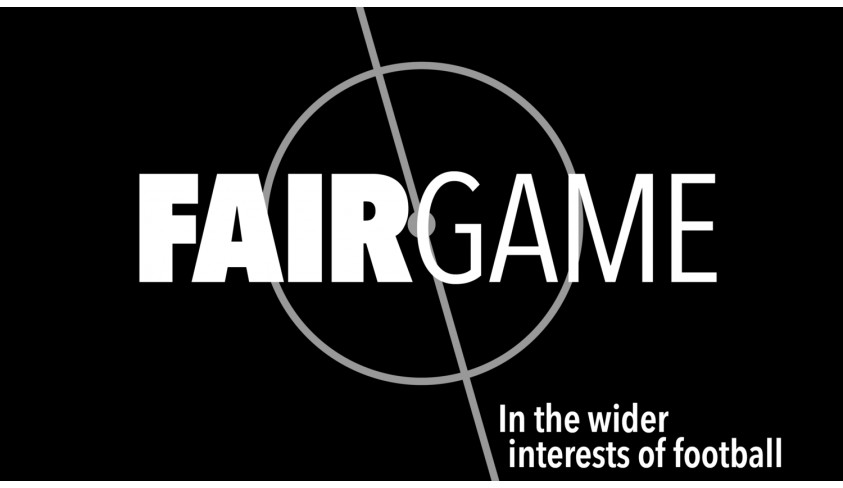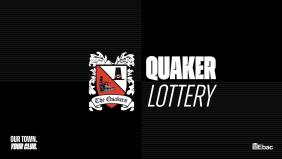Football governance calls grow
NEW FAIR GAME STUDY REVEALS OVER HALF OF TOP 92 CLUBS ARE 'TECHNICALLY INSOLVENT'
- New report from Fair Game’s world-renowned experts details financial plight of England and Wales’ top 92 clubs
- Calls grow for overhaul of football governance and financial distribution of TV revenues
FAIR Game has released figures that reveal over half of the top 92 clubs were technically insolvent in 2020.
Of 85 clubs who filed accounts for 2020, 44 (52%) were technical insolvent. Bury and Macclesfield – now both defunct – were among the seven who did not file accounts, alongside Bolton, crisis-hit Derby County and Southend United who are now in the National League.
The findings further highlight two main points relevant to football club finance. First, the importance of continued revenue generation in a post-Covid world and, more significantly, the continuation of financial support from owners, without which many of these clubs would simply go under.
Niall Couper, CEO of Fair Game, said: “These pre-pandemic figures should be a huge alarm bell to anyone interested in football. Most clubs only exist because of a wealthy benefactor. Which leads the obvious question: What happens if they walk away.
“Football is living on a precipice. The majority of clubs are one nudge away from collapse. And we have still yet to see the full economic impact of Covid or the fallout from the ongoing crisis in Ukraine.”
The figures also reveal how little support is given to clubs outside the top flight. The nine most solvent clubs were all in the Premier League, aided massively by huge TV revenues, which according to Deloitte was £2.34bn in 2019/20.
Couper added: “The problem is that a vast majority of that sum stays in the Premier League and that has created a dangerous culture.
“Football clubs are gambling their very own existence to chase the Siren Call of the Premier League, with Derby County being the latest example.
“We need to change that culture or we face a future where dozens of clubs could disappear overnight."
Around 12% of the Premier League’s TV revenue (£250m) goes to between six and nine clubs each year who have been relegated in the last three years
These ‘parachute payments’ would be enough to make the 48 clubs in League One, League Two technically solvent (as well as all the clubs in the National League, National League North and National League South)
Currently only 1.2% of the TV revenue goes to clubs below the Championship
Couper added: “There is so much money in football, yet there is no holistic view on how to use it to benefit the game overall
“This data makes the case for an independent regulator even stronger. But if we are truly going to address the toxic culture in the game, we also need to introduce a Sustainability Index – abolish the parachute payments and reallocate football’s TV wealth to the clubs that score highly on four criteria: financial sustainability, good governance, equality standards, and community and fan engagement.
“At stake is the decades of heritage and traditions of dozens of football clubs.”
Technical insolvency is a simple balance sheet insolvency test that adds up all a company’s assets and takes away its liabilities. A negative figure means that liabilities outweigh assets, and the business can be categorised as technically insolvent. For football clubs assets include the stadium, training ground and player registrations. Liabilities include all the club’s debts due.
The data was compiled by Fair Game’s football finance experts led by Dan Plumley, Senior Lecturer in Sport Finance at Sheffield Hallam University, and Mark Middling, Senior Lecturer in Accounting at Northumbria University.
Fair Game represents 34 value-driven football clubs and works with over 40 world-renowned experts to develop realistic long-term solutions to the problems football faces in England and Wales.
The full table of clubs can be viewed here.












